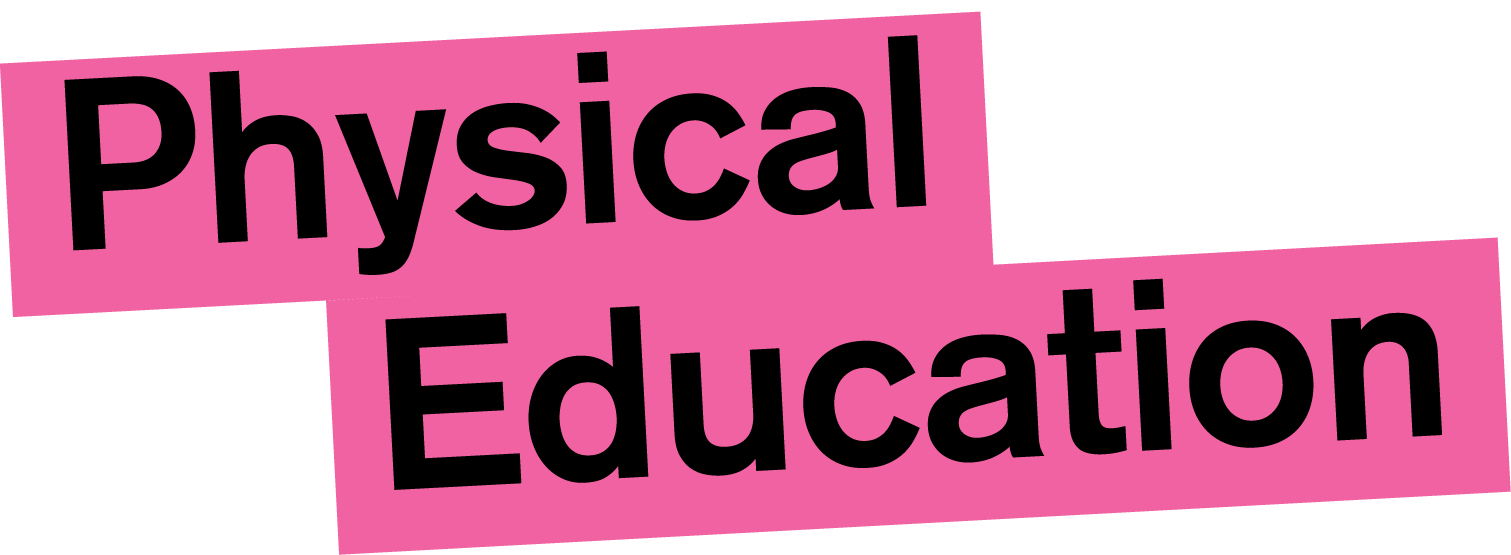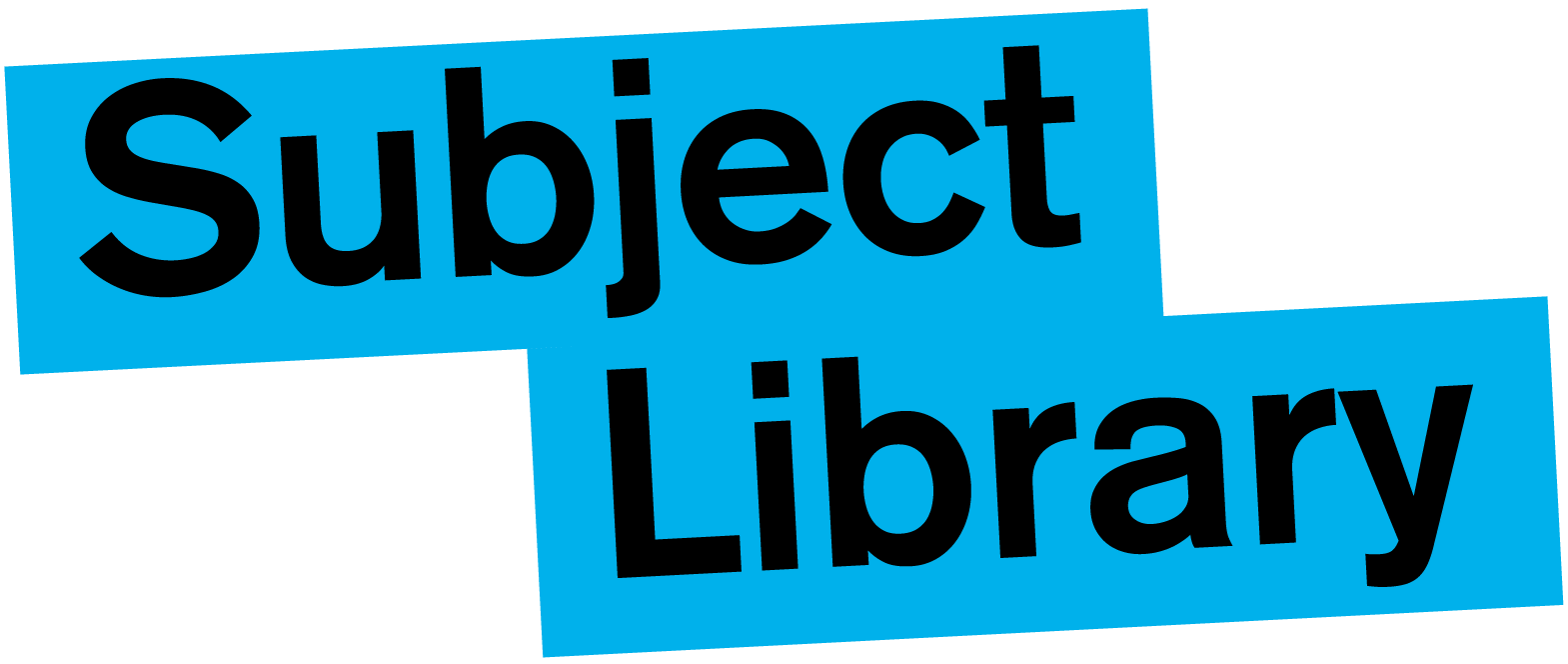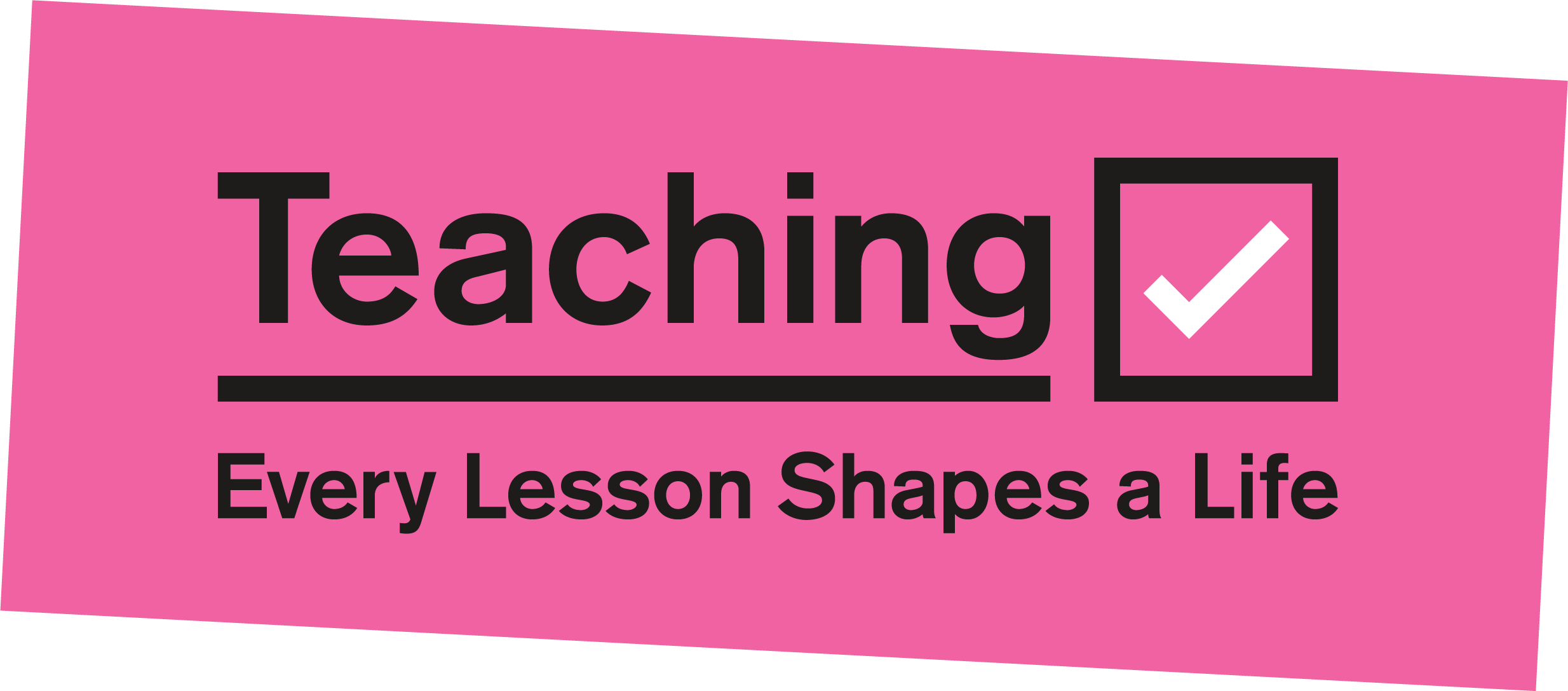
National Curriculum:
Subject Associations:
PE Association: https://www.afpe.org.uk/
Exam Boards:
AQA: https://qualifications.pearson.com/en/qualifications/edexcel-gcses/physical-education-2016.html
Edexcel Pearson: https://qualifications.pearson.com/en/qualifications/edexcel-gcses/physical-education-2016.html
OCR: https://www.ocr.org.uk/qualifications/by-subject/pe-sport-leisure/
A-level Exam Boards:
AQA: https://www.aqa.org.uk/subjects/physical-education/a-level/physical-education-7582/specification
Edexcel Pearson: https://qualifications.pearson.com/en/qualifications/edexcel-a-levels/physical-education-2016.html
OCR: https://www.ocr.org.uk/qualifications/as-and-a-level/physical-education-h155-h555-from-2016/
https://qualifications.pearson.com/en/subjects/physical-education-and-sport.html
BBC Bitesize:
https://www.bbc.co.uk/bitesize/subjects/znyb4wx
TES Resources:
https://www.tes.com/teaching-resources/hub/secondary/physical-education
Oak National Academy:
https://www.thenational.academy/teachers/programmes/physical-education-secondary-ks3-l/units
Additional resources – suggestions by Teacher Training Advisers in your subject:
Planning interview lessons:
Most providers seem to focus on the candidate’s theoretical knowledge and understanding, as many come from coaching backgrounds and don’t always have the standard/required theory expertise.
For the theory lessons – Aim to make the theoretical practical! Much more fun that way, and as far as interviews are concerned it lets the provider in on your ability to think outside the box
https://www.teachpe.com/
For a practical lesson – Work around a four-part lesson. Warm-up, drill/skill activity, modified game followed by plenary/review. Changing time has obviously got to be factored into things so if this is factored into the mix then it highlights an appreciation of the bigger picture. Peer assessment always works well and is a nice term to drop into the mix. Differentiated activities with some students leading warm-ups etc.

